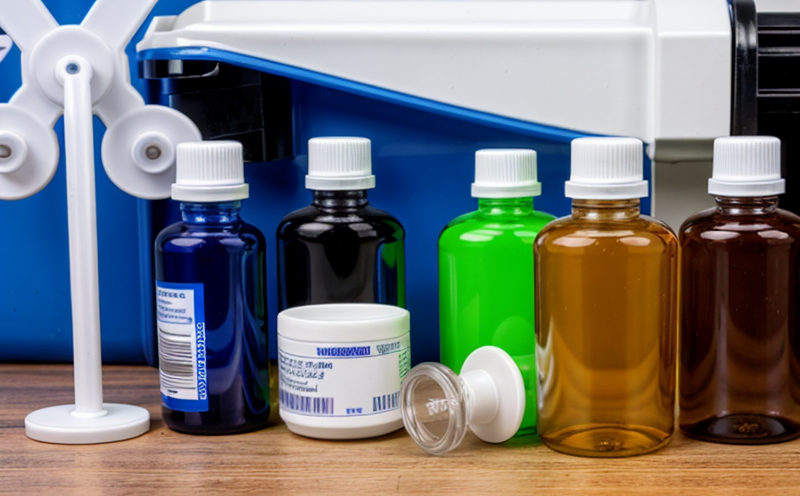EN 16197 Sulfide Content in Healthcare Waste
The European standard EN 16197 specifies a method for determining the sulfide content in healthcare waste. This method is essential for ensuring that medical and pharmaceutical waste meets environmental regulations, particularly concerning the release of hydrogen sulfide gas (H₂S), which can be toxic to both human health and ecosystems.
The sulfide content test helps facilities manage their waste streams responsibly by providing quantitative data on the presence of sulfur compounds. This is especially critical in healthcare settings where various medical products contain sulfur-based materials, such as rubber gloves, bandages, and other disposable items used for patient care.
Understanding the sulfide content in these wastes aids in proper disposal methods and landfill operations, ensuring that harmful emissions are minimized during waste decomposition processes. The standard is particularly relevant for facilities dealing with high volumes of waste, where even small concentrations of sulfur compounds can accumulate over time, leading to significant environmental impacts.
The test procedure outlined in EN 16197 involves several key steps:
- Sample preparation: Waste samples are thoroughly mixed and subdivided into smaller portions for analysis.
- Extraction: A leaching process is used to extract sulfide ions from the waste sample.
- Detection: The extracted solution undergoes colorimetric or spectrophotometric analysis using a thiosulfate titration method.
The results of this test are reported in milligrams per kilogram (mg/kg) of sulfur. Compliance with environmental regulations often requires keeping sulfide levels below certain thresholds, typically set to prevent the release of harmful gases into the atmosphere and to protect nearby water bodies from contamination.
Incorporating EN 16197 into a facility's waste management practices helps ensure that healthcare facilities are contributing positively to their local environments. By accurately measuring sulfide content, operators can make informed decisions about waste handling and disposal methods, ultimately reducing the overall environmental footprint of medical and pharmaceutical waste.
Industry Applications
| Industry | Description |
|---|---|
| Medical Waste Management | This method is crucial for managing medical waste streams, ensuring that the waste does not release harmful sulfide compounds during decomposition. |
| Hospitals and Clinics | Healthcare facilities use this test to monitor their waste disposal processes and ensure compliance with environmental standards. |
| Laboratories | Laboratory settings often generate medical waste, necessitating the application of EN 16197 for accurate sulfide content monitoring. |
| Pharmaceutical Manufacturing | The production and disposal of pharmaceutical products can involve sulfur-containing materials. This test ensures that these compounds are properly managed to prevent environmental harm. |
Environmental and Sustainability Contributions
By adhering to EN 16197, healthcare facilities play a pivotal role in reducing the environmental impact of medical waste. Sulfide content is a key indicator of how much sulfur-based material is present in the waste, which can lead to toxic gas emissions if not managed properly.
The standard helps minimize the release of hydrogen sulfide into the atmosphere, protecting both human health and aquatic ecosystems from potential harm. This contributes significantly to sustainable practices within healthcare settings by promoting responsible waste management.
Implementing this test also supports broader sustainability goals such as reducing landfill use and increasing recycling rates for medical waste. By accurately measuring sulfur content, facilities can optimize their waste handling processes, leading to more efficient and environmentally friendly disposal methods.
Competitive Advantage and Market Impact
- Pioneering Compliance: Facilities that adopt this standard early gain a competitive edge by ensuring they meet the latest environmental regulations before competitors do.
- Reputation Boost: By demonstrating commitment to sustainability, healthcare providers can enhance their reputations, attracting environmentally conscious patients and partners.
- Cost Savings: Early adoption of compliant processes often results in operational efficiency gains, potentially lowering long-term costs associated with waste management.
- Innovation Opportunity: Compliance with EN 16197 opens avenues for innovation in waste management technologies and practices within the sector.





